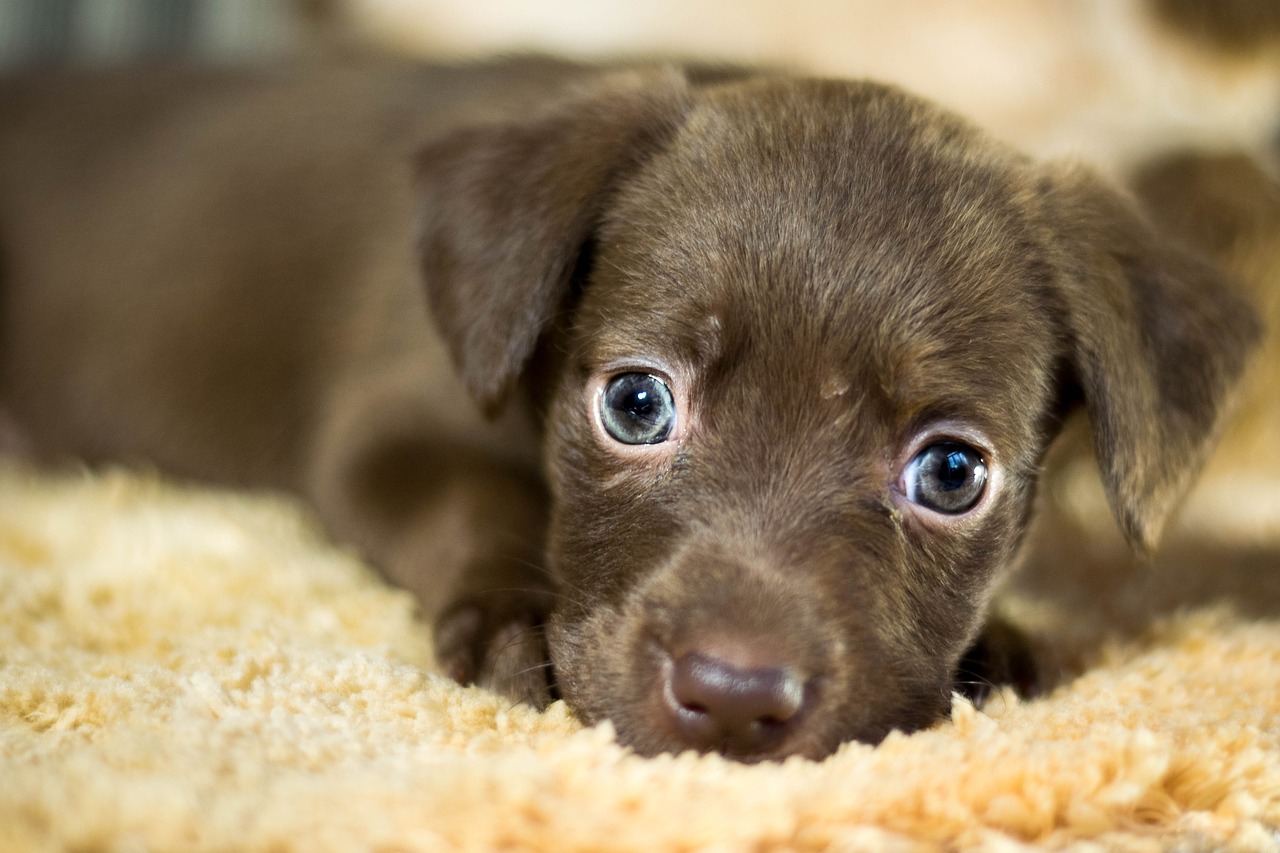Every dog is different, and learning what makes your new puppy unique is one of the greatest joys of raising a dog. Some actions might seem cute or harmless at first glance, but they could be signaling underlying issues that need addressing. To help your furry friend grow into a well-behaved, happy dog, you should try to curb their destructive puppy behaviors as early as possible.

- Excessive Barking or Whining: Excessive barking or whining in puppies often signals discomfort or unmet needs. While barking can be a normal communication tool, constant barking may indicate a puppy is anxious, scared, or overly excited. Whining, similarly, is a puppy’s way of expressing themselves to the whole wide world, possibly pointing to loneliness, hunger, or the need for affection. This incessant vocalization could also be a sign of health issues. It can be hard to know what is ‘excessive’ for a new puppy, but to be on the safe side, always discuss concerns with your vet.
- Destructive Chewing: Destructive chewing in puppies often signifies boredom, anxiety, or the lack of proper chew toys. Puppies explore the world with their mouths, but when this curiosity leads to the destruction of household items, it can be a problem. Notably, this behavior should not be looked at in the same way as toothing or other healthy puppy behaviors. When your puppy chews up the house, it can result in the destruction of valuable items and pose a serious health risk. Providing a variety of appropriate chew toys, ensuring they have enough physical exercise, and engaging in mental stimulation activities can help mitigate this behavior.
- Aggression Towards People or Other Animals: Aggression in puppies might look cute when they are small, but these puppy behaviors can be a safety concern and an indicator of deeper issues. For instance, a puppy showing aggression over food or toys might be exhibiting resource guarding, a behavior rooted in anxiety or possessiveness that is unlikely to resolve itself without intervention. Early socialization with humans and other dogs plays a crucial role in preventing aggression by exposing the puppy to new situations in a controlled, positive manner.
- Picky Eating or Refusing to Eat Altogether: A puppy refusing to eat or displaying picky eating habits can be a source of concern for owners, especially when they are trying to grow big and strong. While occasional disinterest in food might not be alarming, consistent refusal could indicate dental problems, digestion discomfort, or general stress. Picky eating, on the other hand, may develop from being offered too much variety, leading the puppy to hold out for preferred treats. A consistent feeding routine of balanced meals and minimal distractions during meal times can encourage healthier eating habits. If the refusal to eat persists, a veterinary examination can rule out underlying health concerns and help determine the underlying behavioral issue causing the puppy’s lack of appetite.
- Separation Anxiety: Separation anxiety can manifest through behaviors we have already discussed, such as destructive chewing or incessant barking. Commonly, a puppy suffering from separation anxiety may have bathroom accidents inside the home. This condition stems from a puppy’s fear and anxiety about being isolated, which grows when every single human in their life is busy during the day. Early signs include excessive following, distress as owners prepare to leave, and immediate agitation when isolated. Addressing separation anxiety can be tricky, as it involves creating positive associations with being alone. While providing them toys or treats to deal with their alone time can help, there is often nothing more stimulating and enjoyable for a young puppy than interacting with their new family.
Is your puppy suffering from separation anxiety or displaying any of these worrying puppy behaviors? If so, contact Gulf Coast K9 Dog Training today to learn how our programs can help.




